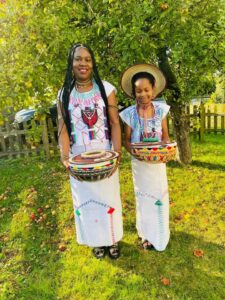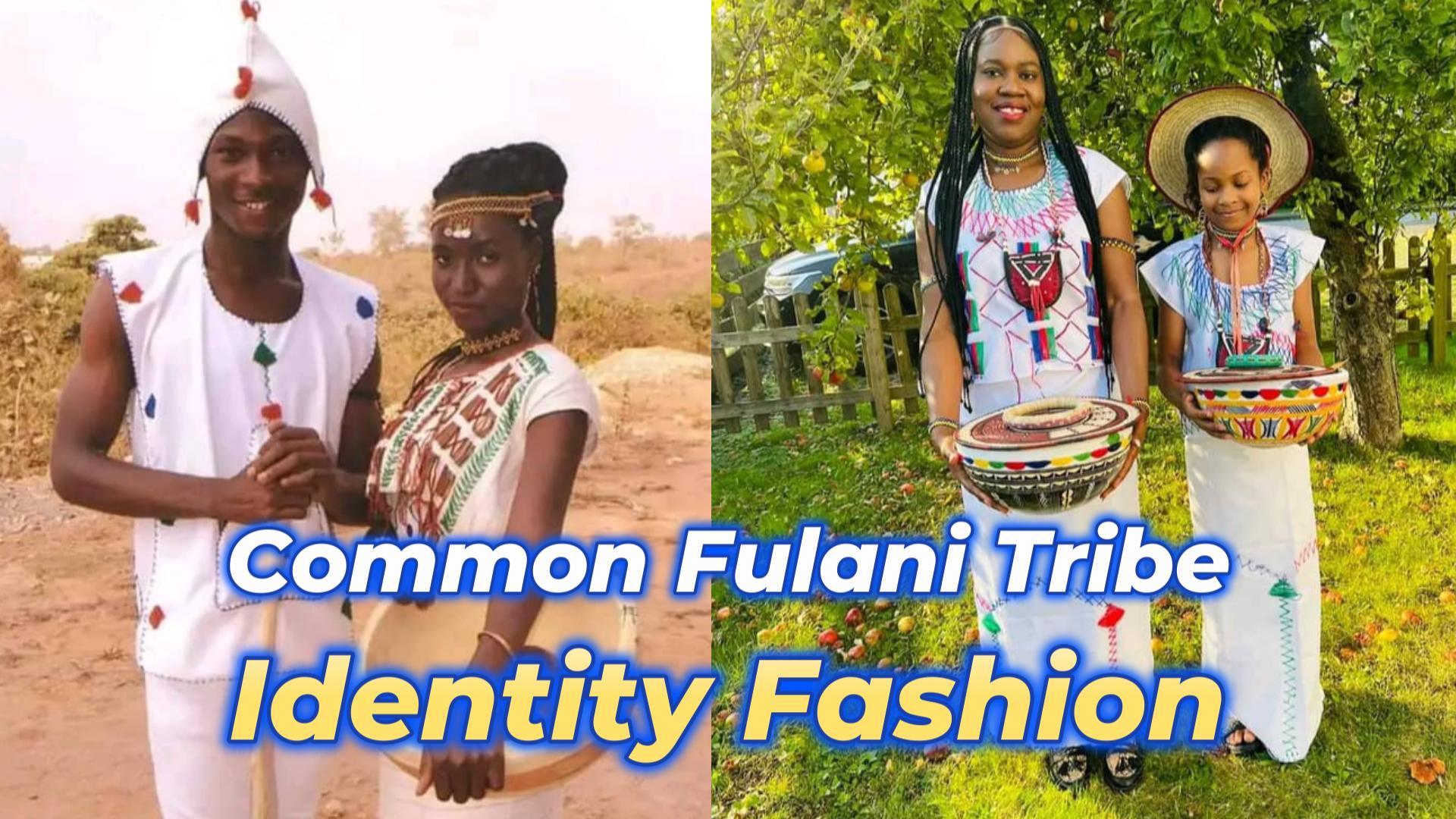February 22, 2025
BY SIMON BAMEYI
The Fulani people, also known as the Fula or Peul, are a nomadic ethnic group found in several countries in West Africa, including Nigeria, Guinea, Senegal, Mali, and Burkina Faso. They have a rich and diverse culture that dates back to the 13th century.
ORIGINS:
The Fulani people originated from the Senegal River Valley in West Africa. They were initially a nomadic people who migrated to different parts of West Africa in search of grazing land for their cattle. Over time, they developed a distinct culture, language, and tradition.
LANGUAGE
The Fulani language, also known as Pulaar or Fulfulde, is a member of the Senegambian branch of the Niger-Congo language family. It is spoken by over 20 million people in West Africa.
CULTURE
Fulani culture is known for its rich traditions, customs, and practices. Some of the key aspects of Fulani culture include:
1. Nomadism: The Fulani people are nomadic, and their culture is centered around cattle herding and migration.
2. Cattle: Cattle are highly valued in Fulani culture, and they play a central role in their economy, social organization, and cultural practices.
3. Islamic traditions: The Fulani people are predominantly Muslim, and Islamic traditions play a significant role in their culture.
4. Respect for elders: In Fulani culture, elders are highly respected and play a significant role in decision-making and conflict resolution.
5. Hospitality: Fulani people are known for their hospitality, and guests are always welcomed with respect and generosity.
TRADITIONAL PRACTICES
Some of the traditional practices of the Fulani people include:
1. Cattle herding: Cattle herding is a central part of Fulani culture, and it involves migrating to different grazing lands in search of food and water for their cattle.
2. Nomadic migration: The Fulani people migrate to different parts of West Africa in search of grazing land and water for their cattle.
3. Cattle festivals: The Fulani people celebrate several cattle festivals throughout the year, which involve music, dance, and the display of cattle.
4. Initiation rites: The Fulani people have initiation rites for young men, which involve circumcision and other rituals to mark their transition to adulthood.
INFLUENCE OF FULANI CULTURE
Fulani culture has had a significant influence on the cultures of several countries in West Africa. They have contributed to the development of several languages, including Hausa, Wolof, and Mandinka. They have also played a significant role in the spread of Islam in West Africa.
CHALLENGES FACING THE FULANI CULTURE
Fulani culture is facing several challenges, including:
1. Climate change: Climate change is affecting the availability of grazing land and water for Fulani cattle, which is threatening their way of life.
2. Urbanization: Many Fulani people are migrating to urban areas in search of better economic opportunities, which is leading to the erosion of their traditional culture.
3. Conflict: The Fulani people are often in conflict with other ethnic groups over land and resources, which is threatening their security and way of life.
Overall, Fulani culture is a rich and diverse culture that has made significant contributions to the cultures of several countries in West Africa. However, it is facing several challenges that threaten its survival.
NOTE BY HARRY AGINA
This has been just a tip of the iceberg on the Fulani tribe and culture of Africa. There’s plenty more to come on the Fulani Culture and people, as well as other tribes of Africa. By subscribing to Afro-Scope.com, you will be sure to be informed as we release them.






